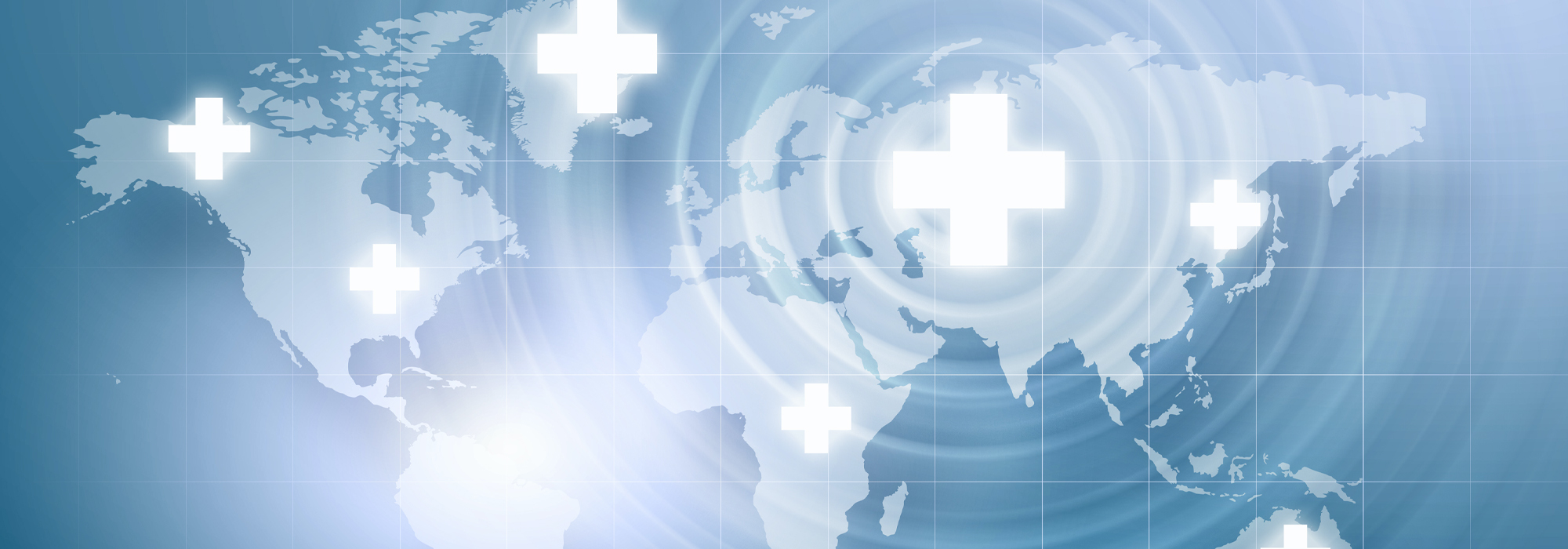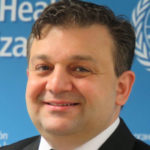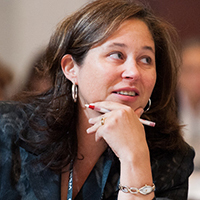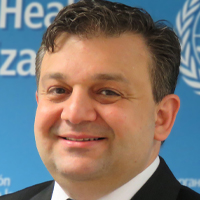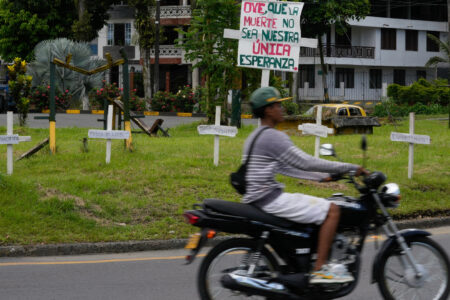
There is growing evidence that COVID-19 is disrupting health, economic, political, and social systems in Canada and countries around the globe. The pandemic is challenging global institutions and national governments across all sectors of society to take action in unprecedented ways to meet the diverse needs of populations.
Problems like COVID-19, climate change, migration, widening health inequities, and other complex global health issues that transcend national boundaries have given global health diplomacy new importance. We believe Canada must strengthen its capacity; and all professionals working in government, academia and non-governmental organizations should be better equipped with global health diplomacy skills to negotiate policy agendas across sectors.
The art and science of diplomacy has been carried out for centuries, yet the term global health diplomacy (GHD) is relatively new. This emerging interdisciplinary field is influenced by major global governance challenges. These include: 1) the expansion in the number and diversity of public, private and not-for-profit actors, in part due to globalization, all competing for attention and resources, and seeking to influence policy agendas in the global arena; and, 2) an irrefutable recognition that sectors (trade, environment, and labour, for example) operating outside of the global health governance system directly impact on public health. GHD is a process of multi-actor engagement that can shape the global policy context influencing health or position health in foreign policy negotiations.
Trade or aid deals can often be negotiated by people with no understanding of their ripple effects on the public’s health. Take the example of vaccines. When agreements are negotiated by finance ministers, or development ministers strike a deal and commit to buying vaccines that will be distributed equally, especially for low- and middle-income countries, the goal is to make pharmaceutical companies agree to invest in research and development and eventually manufacture them. What ensues is a complex dance of negotiations to ensure the right diseases are targeted, the best vaccines are created at affordable prices and in sufficient quantities – and trade benefits are distributed evenly. A health official in the Canadian government or a non-governmental organization who is able to understand and work across different spheres will be more effective in shaping a deal that will reach the most vulnerable and lead to improvements in health.
A similar situation is playing out now on the world stage as governments negotiate the financing of development and eventual production of COVID-19 vaccines. These and other situations are a likely case study in a new executive global health diplomacy course we are developing at the University of Toronto’s Dalla Lana School of Public Health.
To better equip Canada for these new challenges, this new global health diplomacy course will be offered online by the School’s Centre for Global Health in partnership with the Office of International Affairs for the Health Portfolio (Government of Canada) and the Graduate Institute of Geneva from November 2020 to June 2021. The first of its kind in Canada, the course is intended not only for mid-career public health professionals who want to influence policy at the World Health Organization, multilateral global health programs and other major world bodies, but also for professionals working in non-governmental organizations, academia and philanthropic organizations, as well as policy leaders working in related areas and levels of Canadian government.
Through the use of real-world case studies and simulation exercises, the course will cover key concepts in global health diplomacy and governance for health, and ethical considerations arising during negotiations. It aims to increase understanding of the considerations facing various actors during a multilateral negotiation using topics like vaccine financing, which are influenced by factors that are not only health-related. The course is also expected to help build a network of trained health diplomats and foster peer learning.
In the face of great uncertainty and increasing complexity, the importance of global health diplomacy is being underscored now more than ever – with threats like COVID-19 in our midst for the foreseeable future. Those who wish to influence global health will need to reach far beyond the realms of their technical knowledge to understand the range of factors underpinning international trade and development deals that affect public health.
This article is part of the The Coronavirus Pandemic: Canada’s Response special feature.




